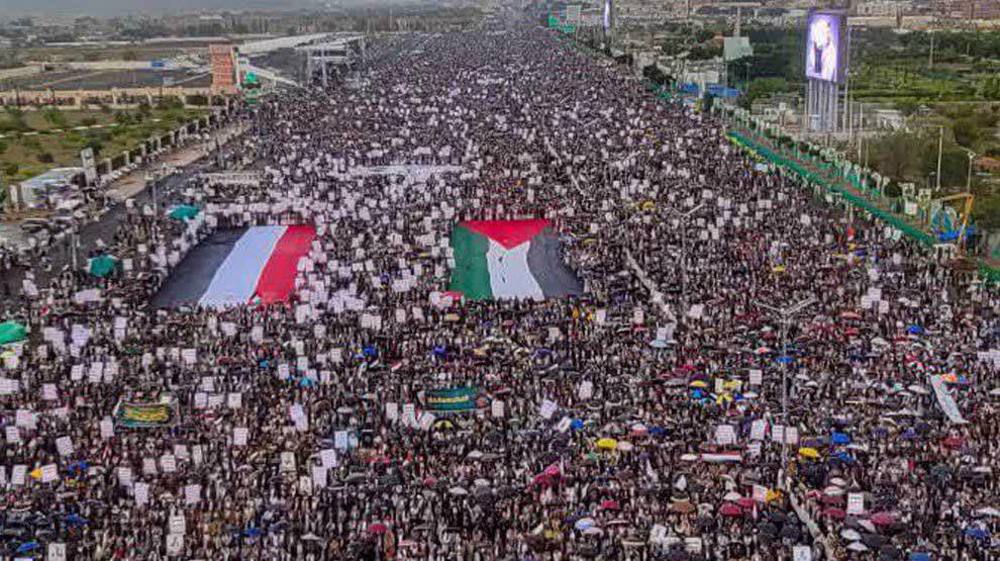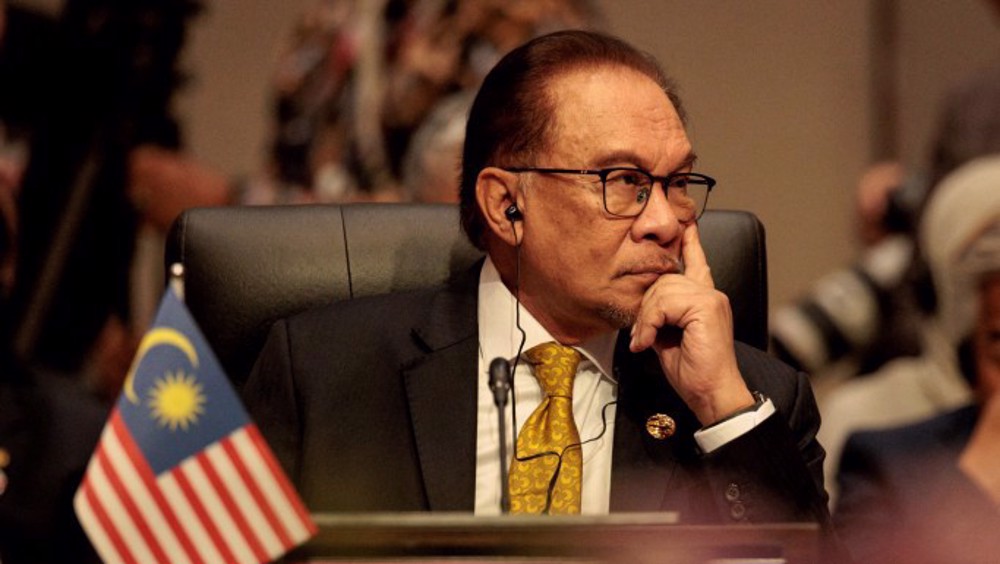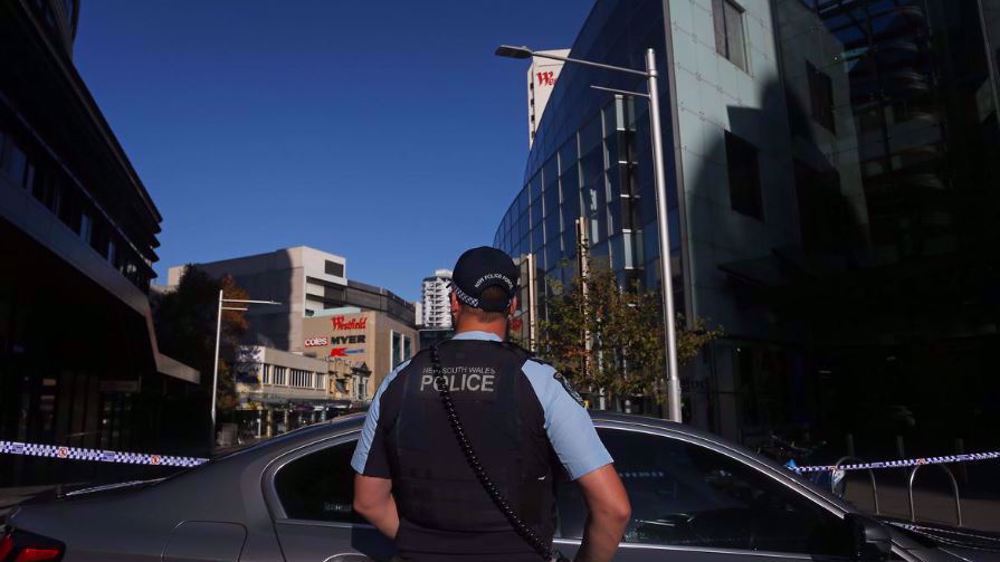Myanmar election held after decades of military rule
After decades of military rule in Myanmar, polls are now open for a landmark parliamentary election in the Southeastern Asian country.
“All polling stations around the country opened at 6 am (2330 GMT) at the same time,” Ko Ko, an election commission official, told AFP on Sunday.
Long queues of people were built up before dawn at polling stations across Yangon, Myanmar’s largest city, enthusiastically waiting for the first supposedly open poll in 25 years. These are among 30 million people who are eligible to cast their ballots.
The Nobel Peace Prize winner Aung San Suu Kyi’s National League for Democracy (NLD) is expected to do well in the Sunday polls. However, Suu Kyi herself is constitutionally barred from the presidency because her late British husband and two sons are not Myanmar citizens.

According to the country’s constitution, the president is elected by members of parliament, not by the general population.
Suu Kyi had previously said that she would circumvent a constitutional ban on her presidency by taking a post “above the president” if her party wins the polls.
“I will be above the president. It’s a very simple message,” the opposition leader said in a Thursday news conference.

The ruling Union Solidarity Development Party (USDP), supported by the military, is another front runner in the Sunday polls.
The incumbent president and leader of USDP Thein Sein said on Friday that the authorities would respect poll results.
"I will accept the new government formed, based on the election result."
Fears, however, remained that the military might strip Suu Kyi’s party of a victory and rig the results in favor of the military-backed party.
Some 6,000 candidates from more than 90 parties hope to be elected to the 664-seat parliament in the first national elections since a nominally civilian government took office in 2011.
The NLD must take 67% of all contested seats in order to gain a majority.

Another issue that has already marred the elections is the tens of thousands of Rohingya Muslims in the western Rakhine state, who remain deprived of their right to vote.
Though Suu Kyi is known as a pro-democracy figure and is affectionately known as “Mother Suu”, her NLD party has been heavily criticized for not including any Muslim candidates in its list of over 1,100 parliamentary and regional assembly hopefuls; Suu Kyi has remained silent on the issue.
The absence of Muslim candidates has brought about major disappointment among the country’s Rohingya Muslims, who have faced discrimination and marginalization for centuries.
Back in March, Myanmar’s parliament ratified a law barring people without full citizenship from voting. The move disenfranchised hundreds of thousands of Rohingya Muslims, who are not recognized as Myanmar’s citizens.
Myanmar’s Rohingya Muslims, mostly living in the western state of Rakhine, have been subject to systematic repression by extremist Buddhists since the country’s independence in 1948.
Iraqi resistance hits Israeli Ovda air base
Hackers break into Israeli military’s computers, access trove of documents
Tulkarm Brigade commander killed by Israeli forces in raid on refugee camp
Zionist media desperately trying to turn Israeli defeat into victory: Iran
VIDEO | Press TV's news headlines
Iran censures US veto of Palestinian request for full UN membership
Over 14,000 kids killed in Israel’s war on Gaza: UNICEF
VIDEO | Iran’s National Army Day marked at the Iranian embassy in Moscow










 This makes it easy to access the Press TV website
This makes it easy to access the Press TV website